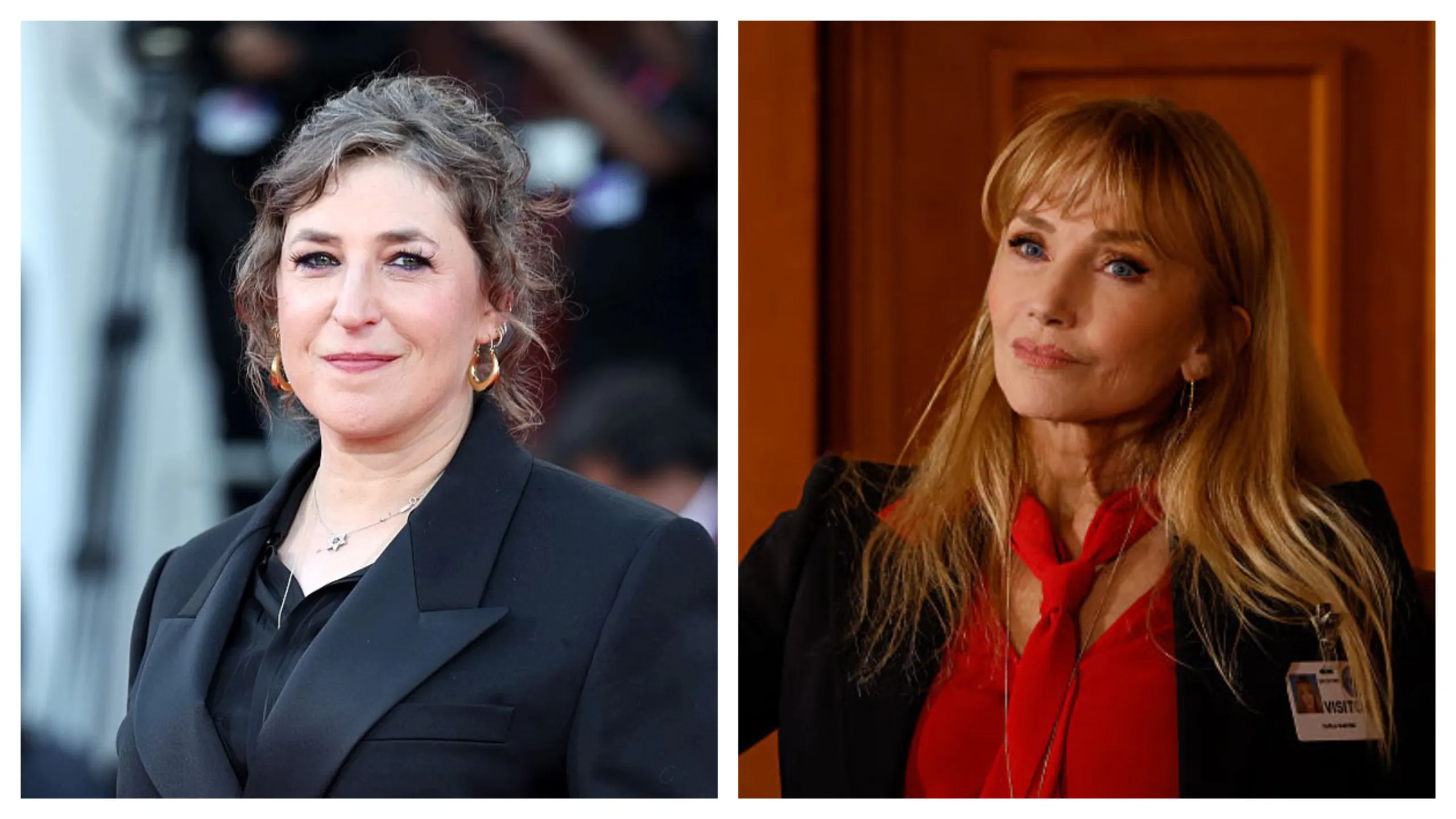In a strong stand against what many see as a growing wave of ideological censorship, more than 1,200 prominent figures in the entertainment industry have signed an open letter rejecting a boycott of Israeli film and television institutions — a move critics say amounts to nothing more than targeted discrimination against Jews and Israeli artists.
The letter — spearheaded by the nonprofit Creative Community for Peace (CCFP) and The Brigade — was published in response to a pledge from Film Workers for Palestine, in which nearly 4,000 industry professionals, including major award winners, vowed to boycott Israeli productions, festivals, and institutions they accuse of being “complicit in genocide and apartheid.”
The new letter pulls no punches. Its signatories accuse the boycott movement of weaponizing storytelling and using art to advance a dangerous, divisive political agenda. “To censor the very voices trying to find common ground and express their humanity is wrong, ineffective, and a form of collective punishment,” the letter states.
The backlash against the boycott has been gaining steam. Paramount Studios issued a statement blasting the pledge, calling it antithetical to the very mission of storytelling and saying that “silencing individual creative artists based on their nationality does not promote better understanding or advance the cause of peace.”
Haim Saban, Chairman of Saban Entertainment, echoed that sentiment, stating, “Excluding Israeli filmmakers because of their identity betrays [the mission of storytelling] and undermines efforts for peace.”
Actress Debra Messing didn’t mince words: “Boycotts against Jews have long been a tool of authoritarian regimes — by joining this effort, these artists are aligning themselves with a dark legacy of antisemitism.”
Actress Mayim Bialik added that the boycott does “nothing to end the war in Gaza, bring the hostages home, or help curb the alarming rise of antisemitism globally.”
“Film institutions engage with countries all over the world, including those with serious controversies, yet Israel alone is singled out and condemned — for defending itself in a war it didn’t start, for trying to free hostages still being held, and for confronting an enemy still intent on its destruction,” actress Rebecca De Mornay said. “Boycotting Israeli film institutions isn’t a stand for justice, it’s a thinly veiled double-standard for Jews, and a hypocritical, unjust punishment of Israeli artists and films.”
“While the Boycott, Divestment, and Sanctions (BDS) movement presents itself as a social justice movement to those in the West, it is actually a political movement that seeks the defamation, delegitimization, and eventual elimination of the State of Israel,” CCFP Executive Director Ari Ingel stated. “The recent boycott pledge also contains blatant statements of misinformation, such as claiming that ICJ ruled that there was a plausible risk of genocide in Gaza, when they did no such thing.”
The letter concludes with a firm moral appeal: “If you want peace, call for the immediate release of the remaining hostages. Support filmmakers who create dialogue across communities. Stand against Hamas.”

.png)
.png)

